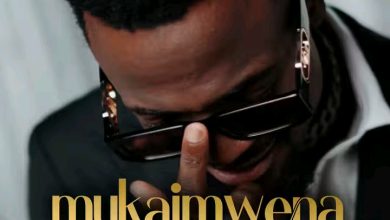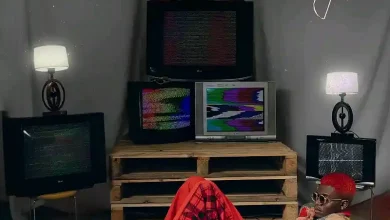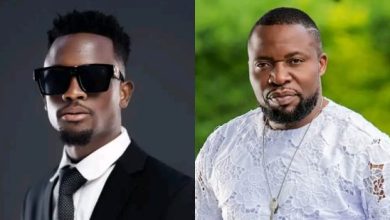(BBC) Who will be the next pope?

(BBC) Who will be the next pope?
The impending conclave to elect the next pope holds immense significance not only for the Catholic Church but also for the global community of 1.4 billion baptized Roman Catholics. As the College of Cardinals assembles in the Sistine Chapel, the world watches closely, aware that the choice of the next pontiff could steer the Church in new directions. The composition of the College of Cardinals is particularly noteworthy this time around. With 80% of the cardinals having been appointed by Pope Francis, there is an anticipation of a fresh perspective, influenced by a diverse range of cultures and backgrounds. Historically, the Church has been European-centric, but this time, for the first time in history, less than half of the voting cardinals hail from Europe. This shift suggests that the next pope may very well emerge from Africa, Asia, or Latin America, reflecting the growing demographic changes within the Church. The candidates for the papacy are varied, and speculation abounds. Among the names circulating are prominent figures who may align with different theological and pastoral priorities. Some cardinals are known for their progressive stances on social issues, while others maintain a more traditional approach to doctrine and Church practices. This complexity complicates predictions about the direction the conclave may take. Potential candidates include Cardinals from Africa, such as Cardinal Robert Sarah from Guinea, who carries a reputation for his conservative views, and Cardinal Laurent Monsengwo Pasinya from the Democratic Republic of the Congo, known for his advocacy for social justice. From Asia, Cardinal Luis Antonio Tagle of the Philippines is often mentioned, representing a more optimistic and pastoral approach to leadership. In addition to these names, cardinals with longstanding ties to the Vatican administration, such as Cardinal Pietro Parolin, the current Secretary of State, could also be in contention. His extensive experience within the Church’s governance might appeal to those seeking stability and continuity. As the conclave approaches, the dynamics remain fluid, and the potential for unexpected outcomes is high. Each cardinal’s vote will be influenced by their personal convictions, the global context of the Church, and the legacy of Pope Francis. The anticipation surrounding this election reflects broader societal changes and the Church’s response to a world that is increasingly interconnected yet diverse. Ultimately, the decision made in the Sistine Chapel will not only determine the next pope but could also redefine the Church’s mission and priorities for generations to come. The world waits with bated breath as the cardinals prepare to cast their votes, marking a pivotal moment in the history of Catholicism.





